8 Mins Read
Asia faces a massive challenge to feed 5 billion people – over half of the world’s population – by 2050. A new report argues that alternative proteins, including plant-based and cultivated replacements, are the answer.
Asia is currently home to half of the world’s population – and it will continue to grow to almost 5 billion by 2050. This is happening in the face of an intensifying global climate crisis that will bring rising temperatures and unexpected weather patterns that threaten crop yields and the stability of food supply all over the world. But the climate crisis will hit Asia harder than many other regions in the world, making the need for disruption of the existing traditional food economy in the continent more crucial than ever before.
Given the sheer size and unprecedented rate of growth in Asia, the region’s shifts – and whether it can transform its food system into a more sustainable one – will inevitably have an impact on the global effort to fight the climate crisis.
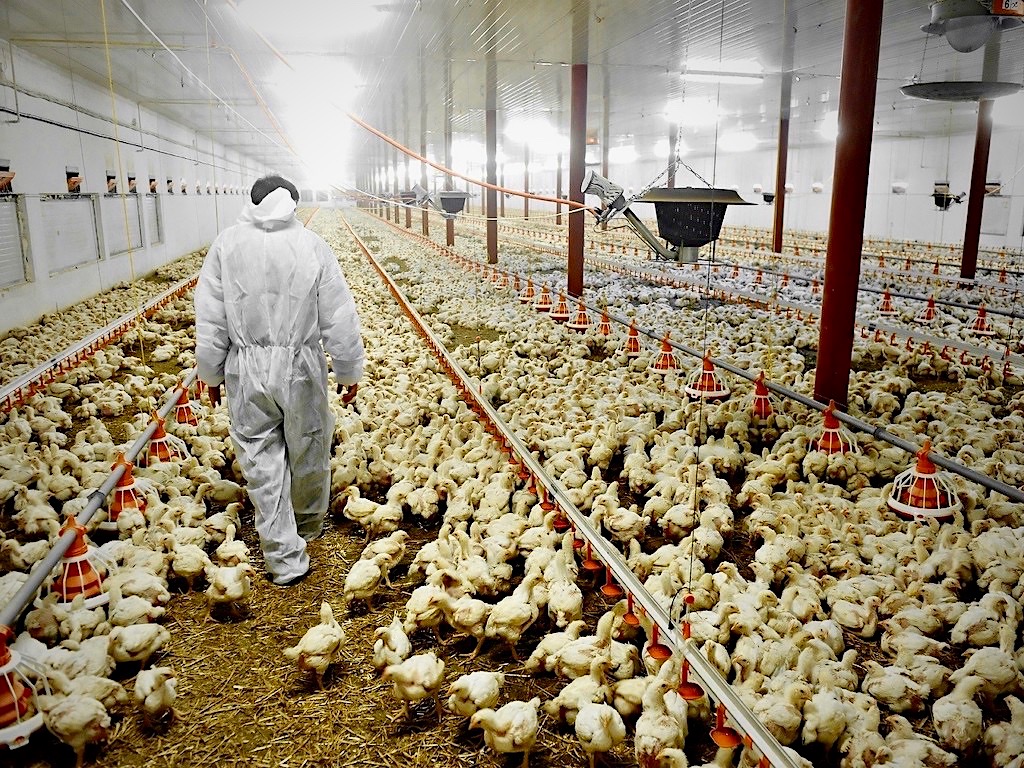
At the core of the broken food system is conventional industrial animal agriculture – globally, it produces 18% of greenhouse gas emissions and uses up 70% of arable land, in the process driving destructive practices such as deliberate deforestation and contributes to biodiversity loss and water pollution.
Scientists have for decades reiterated that reducing the consumption of meat and dairy is the most important way we can reduce our carbon footprint, which is crucial if we are to avoid total climate collapse. The calls for transitioning away from animal agriculture have increased as global heating continues to intensify – most recently, experts at the EAT-Lancet said that a “planetary health diet” would require a dramatic reduction of animal food products and a doubling of vegetable and fruit intake.
A new report now argues that the burgeoning 2.0 alternative protein economy in Asia – the sector’s fastest-growing region globally – will drive the much-needed transformation in the food system. Despite Silicon Valley food techs dominating the scene in plant-based meat substitutes in the past years, the report highlights a number of homegrown “2.0” plant-based, cultivated and whole food startups jumping into the field to develop solutions.
Regional Startups Solving For Affordability
One of the key obstacles that all alternative protein startups face is cost – manufacturing and retailing the product to consumers at a price that is on par with conventionally produced meats. Despite being increasingly aware of the impact of their food choices and wanting to make more sustainable spending decisions, consumers remain swayed by cost more than other ethical and environmental concerns.
For many local consumers in Asia, many of the latest “2.0” proteins such as the famous plant-based analogues by Impossible Foods and Beyond Meat still remain far too expensive compared to traditional products. Now, regional startups are taking on this challenge by providing Asian consumers with plant-based proteins at an affordable price.
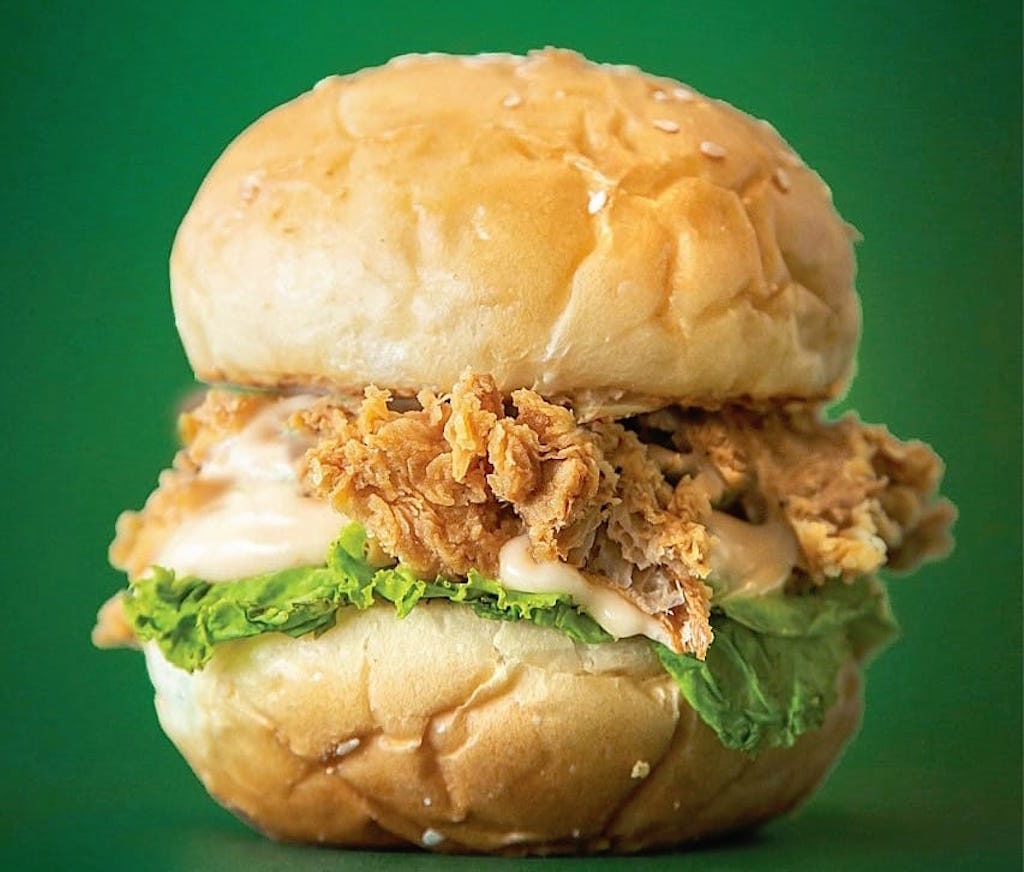
In India, plant-based meat company GoodDot’s vegan quick service restaurant (QSR) chain GoodDo is convincing consumers to choose its soy and wheat protein based meat analogues over less sustainable conventional products through its commitment to mass affordability. At present, the brand has already achieved price parity with several meat items, such as its “Fried Crispies,” that costs less than a similar dish offered by KFC, and its “Gurber,” priced cheaper than a McDonalds McChicken Burger.
Hong Kong’s Green Monday is another company pushing plant-based products to mass audiences by offering a number of accessible options. Having launched its vegan pork mince alternative Omnipork to great fanfare across the continent, the group has recently debuted a new OmniEats ready meals range that retails for a competitive HK$28.9 (US$3.72) – not far off from traditional meat-containing ready meals that sell on shelves for anywhere between HK$13.90 to 24.90 (US$1.79 to 3.20).
Outside of Hong Kong, Green Monday has partnered with major convenience chain store FamilyMart to bring ready-made Omnipork “cup” meals to Taiwan, which will be sold for just TWD49 (US$1.63) across 3,600 locations in the country.
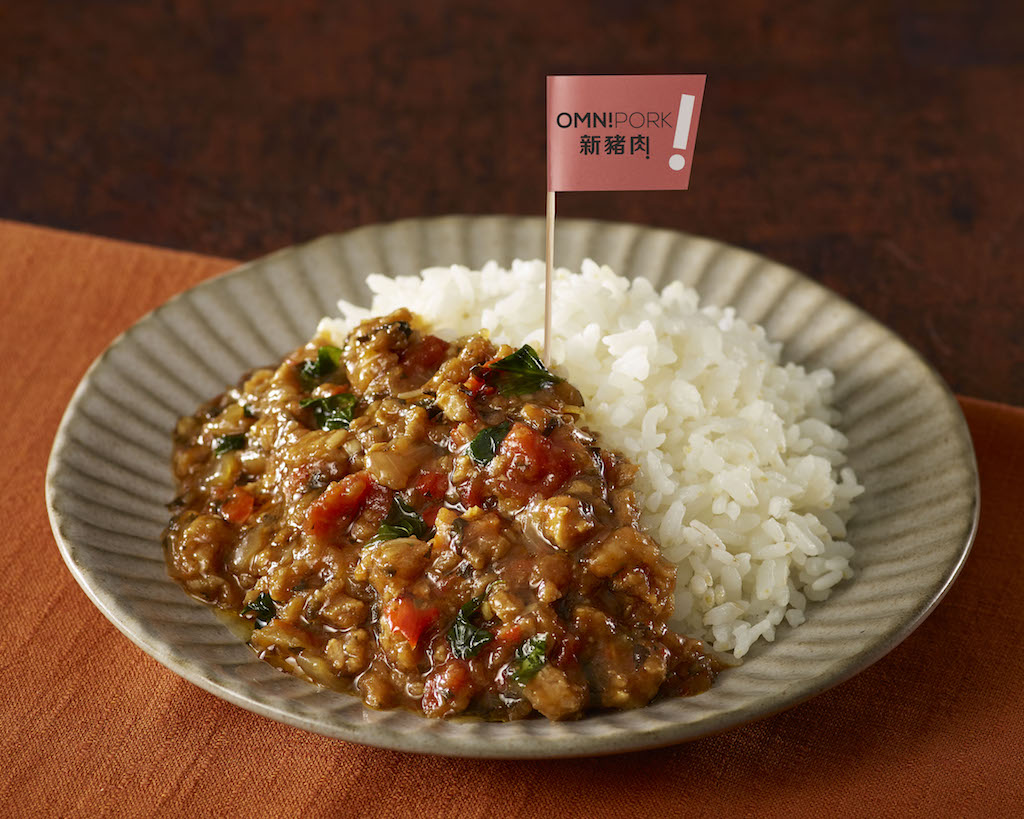
Simply put – compared to the plant-based offerings from Silicon Valley-based food techs, homegrown vegan substitutes go for a fraction of the price and are therefore able to win over mass consumers in Asia. Two Beyond Meat patties, for instance, retails for US$5.99 in stateside supermarkets, which is already higher than Omnipork and GoodDo offerings, but when the import premium is added, the product can be marked as high as US$12 in Asia.
Realising the importance of offering affordability to reach mainstream consumers, Impossible Foods recently announced its plans to slash prices by 15% and ultimately “undercut the price of conventional ground beef.” But Asian food techs already got a head-start in solving cost.
Plant-Based Products Adapted To Local Tastes & Cuisines
It isn’t all about price, however. Asian startups are also offering plant-based alternatives that can appeal to local tastes and consumption habits. The success of Omnipork, again demonstrates exactly this.
Designed for Asian cuisine applications such as dim sum and dumplings, the analogue is available in over 7 countries across the region, served in both Michelin-starred restaurants and fast food chains alike. Launching with Taiwan’s largest QSR chain Bafang Yunji earlier this year, over 1 million Omnipork dumplings are being sold every single week – testament to the popularity of homegrown vegan food techs.
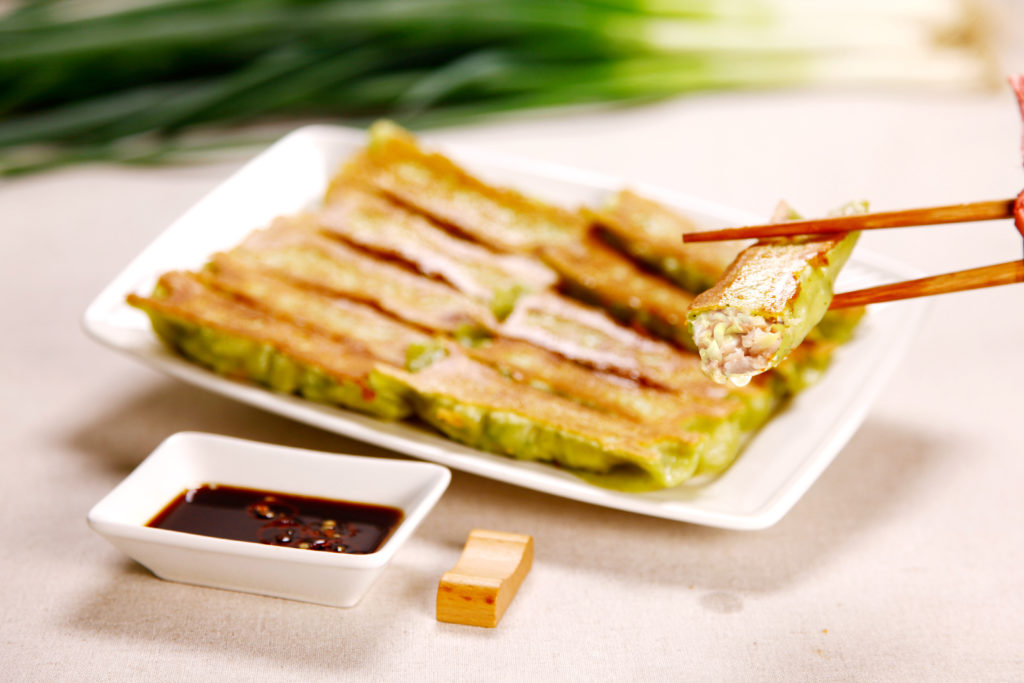
Entrepreneurs Reckoning With Food Safety & Zoonotic Pandemics
But perhaps what new food economy companies offer in Asia beyond taste is satisfying regional consumer concerns about food safety. Over the past year, the region has battled African swine fever (ASF), which wiped out its pork supplies and sent prices skyrocketing. Even more concerns about the dangers of the animal industry were reignited by the recent and ongoing Covid-19 pandemic.
In China, which has borne the brunt of both ASF and Covid-19 in the continent, reports of a highly pathogenic strain of H5N1 avian flu emerging in China is further exacerbating consumer concerns about the public health dangers that the modern animal farming industry is laden with.

In a further blow to food safety in Asia, aquaculture farmers in the southern Chinese province of Guangdong have reported outbreaks of Decapod iridescent virus 1 (Div1), a virus that can decimate shrimp populations in just a few days. Fears are now mounting about the potential of the virus to threaten the region’s shrimp industry, much like the African swine flu (ASF) crisis did to pork supplies.
This is where cultivated food techs in Asia come in. They aren’t just offering consumers more environmentally-friendly meat replicas, but they are creating real meat in laboratories without the need for slaughterhouses and antibiotics using a fraction of the planet’s resources.
Asian Countries At The Forefront Of Cultivated Protein
At the forefront of leading the region’s cultivated protein ecosystem are Singapore and China, says a recent industry report. Both states face food insecurity amidst the escalating climate emergency and both governments are now looking at regulatory frameworks to support cultivated technologies as a solution to bolster the self-sufficiency of food supply.
By contrast to other world regulators, authorities in Asia are also more actively embracing new alternative proteins. Europe, for example, has been far more cautious about newer foods, particularly those that contain genetically modified organisms (GMOs) – a key technology that many plant-based and cell-based food techs rely on to create their products. Impossible Foods’ plant-based patty owes it’s famous “bleeding” and iron-rich qualities to a GMO-heme, which has meant added challenges for the company to bring its product to the continent.
To support the alternative protein industry in Singapore, the government has geared a core part of its S$100 billion (US$72 billion) climate plan help fund and match the capital raised by cultivated startups. This has already spawned groundbreaking innovations such as Shiok Meats’ cell-based shrimp that will help combat plastic pollution, species extinction and food traceability issues and TurtleTree Labs’ world’s first lab-grown dairy and human breast milk.
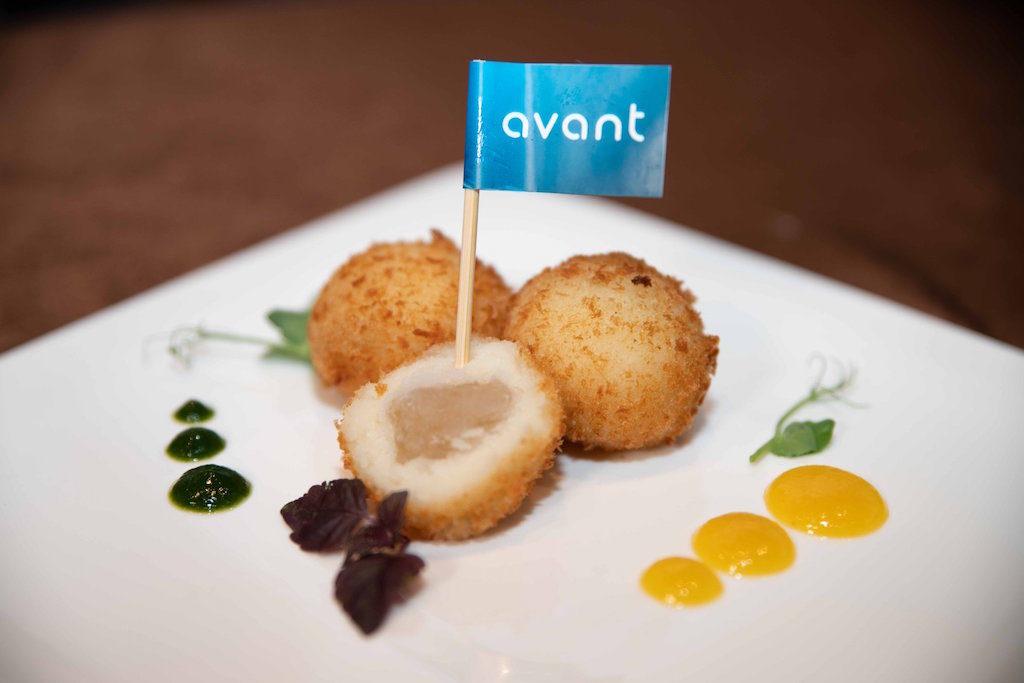
Nevertheless, developments aren’t only underway in Singapore, with significant headway being made in Hong Kong and Japan as well. While Hong Kong is home to Avant Meats, a startup developing lab-grown fish maw, a prized culinary ingredient in traditional Chinese cuisine that has depleted fish species and is mired in traceability problems, Japan’s Integriculture uses cellular agriculture to develop salt and foie gras.
Armed with the host of emerging 2.0 food startups making up the new food economy in Asia, we might just see the necessary shift across the region towards a kinder, safer, healthier food system that is sustainable in a climate-striken future.

This story is published as part of Covering Climate Now, a global journalism collaboration strengthening coverage of the climate story.
Lead image courtesy of Green Monday.




